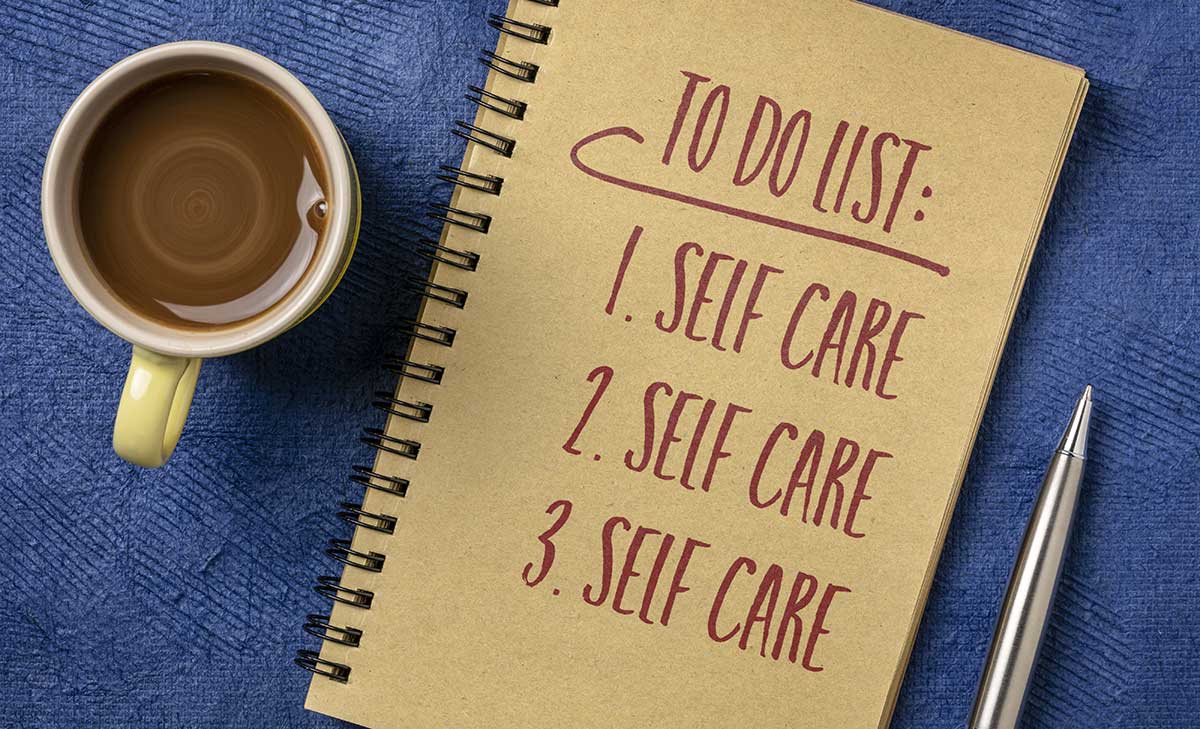“We’ve only been given two weeks to fully transition back to the office.”
These are just a small sample of some of the comments we heard recently on a free webinar we hosted on setting boundaries.
We had hundreds of fundraisers and leaders on this webinar, and these sentiments were echoed along with many comments on burnout, exhaustion, feeling exasperated, overwhelmed, anxious, and more.
And the group who joined us on the webinar is not alone. You may feel the same way and are struggling with how to balance the mental and emotional toll that the pandemic has taken with the current, present demands of your job.
The reality, though, is that these issues were pervasive in the non-profit sector before the pandemic, too.
There’s a culture within non-profits that you must give, give, give – but there’s no counterbalance to help you fill your own cup. We expect fundraisers to take on extra jobs, fundraising events, additional hours… even act as the official organization tour guide for anyone who wants a tour… but we don’t encourage them to make space or time for themselves, which is what will allow them to perform exceptionally at their work.
Honestly, it can feel at times like there is simply no space for self-care in the non-profit world.
You may hear those subtle and pervasive messages that whisper, “Saying no, setting boundaries, and taking care of yourself means you don’t care about our mission… you’re being selfish… you’re not really a good person.” Have you felt this too? This is something that must change so that we can all truly be present and bring our gifts to the important work we’re doing.
So, how can you start to change how you interact within your organization and the non-profit sector to start shifting the culture around self-care?
- Stay firm on your boundaries — Boundaries are hard. Many of us have lived with this narrative that boundaries are bad and selfish. But having boundaries is what will create space for you to be present where it’s most important. So, ask yourself: What are your boundaries? How can you stand firmly in them and communicate that in a calm, compassionate, and firm way?
- Start looking at what you’ve said “Yes” to — Are there things that you need to say no to on that list? One area to start is with your job description. If you’re a Major Gift Officer, but you’ve been asked to do events, maybe a little planned giving, also occasional direct mail proofreading (you get the idea), then you need to start having a conversation with your supervisor about moving those things off your plate.
- What fills you up? — A big part of self-care is knowing what fills you up. A relaxing bath might sound great to one person and like a waste of time to another. Make a list of things you can do when you need a reset. This could be exercise, time with a friend, time outside, quiet space for yourself… the goal is that whatever you choose helps you to re-center, tune in to your needs, and de-stress.
- What are your triggers? — What depletes you or wears you down? Do you know what can trigger you into a space of stress, fatigue, and burnout? This can be anything from a bad night of sleep to overwhelming project deadlines. You may not be able to answer this right away, but tune into yourself and pay attention when you start to feel overdone. Make note of how you got there so you can be aware of it next time.
- Practice self-compassion — Start paying attention to what that voice in your head is saying about your efforts to bring balance into your life. Yours may be telling you that you should be doing more, or if you only did X better, you’d succeed, etc. Start recognizing this inner voice and focus on changing how you talk to yourself. Give yourself the same compassion you would when speaking to a colleague, and train your inner voice to offer kind, supportive, and encouraging words that celebrate your wins.
Self-care is a journey, and it’s one that you’ll continue to refine throughout your life. It’s not some big thing you’ll get to someday – it’s the small steps you take each day. The balance between work and personal life is particularly challenging, so start identifying the small changes you can make in your daily life. Remember, your organization will benefit much more from a version of you that is emotionally in-tune, calm, creative, and energized. (Tweet it!)
Karen






0 Comments